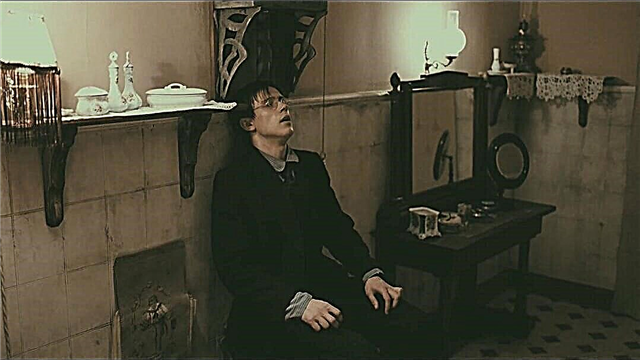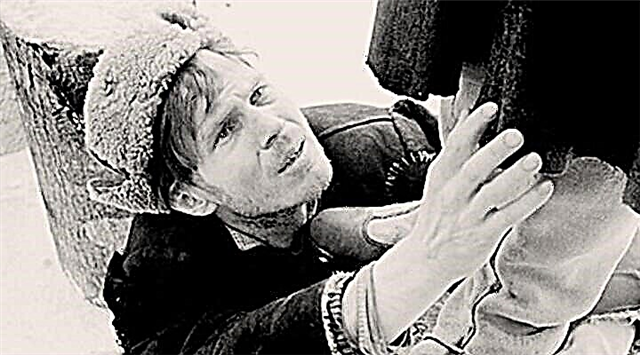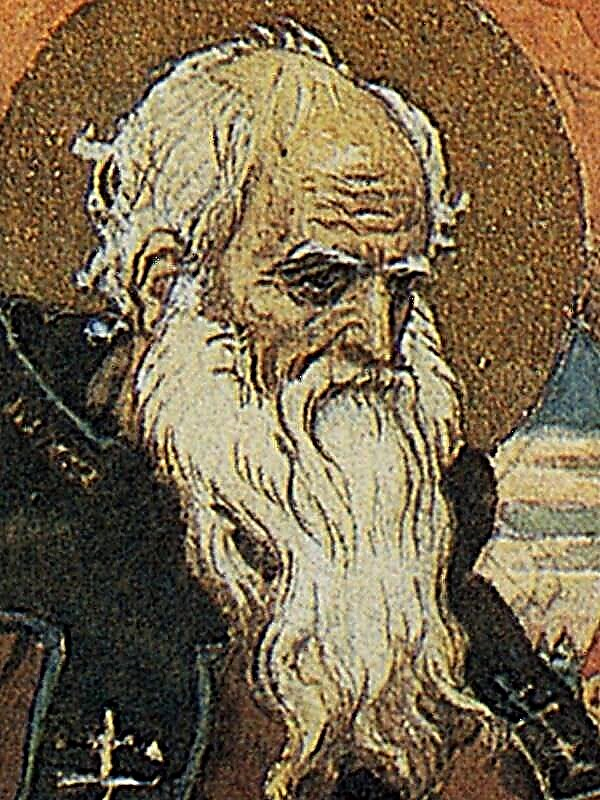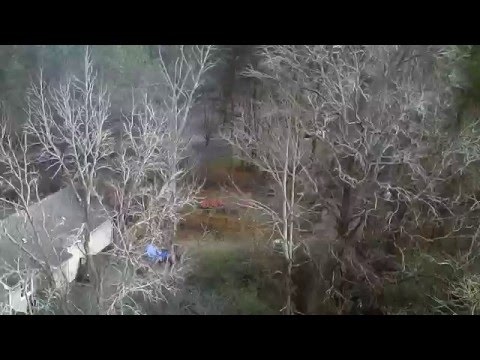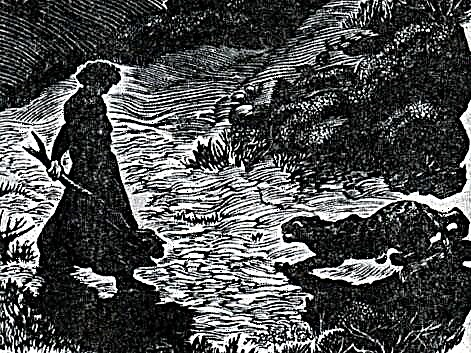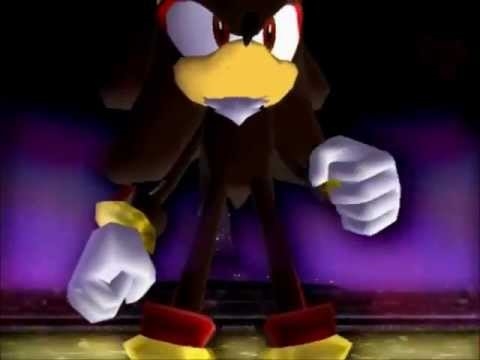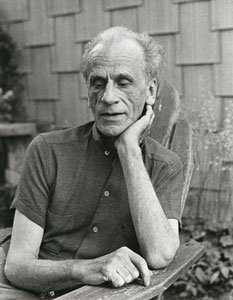This is a tragedy, grotesque story, consisting of a dozen oral short stories. The author himself tells her this: “Three friends live who met at the institute. Gradually, life bred them. Suddenly, two find out that the third fell through the ice near Leningrad, in January. Friends come to remember him and remember his whole life. And in the morning he comes out from under the ice alive, healthy and with fish under his arm: it turns out that they downloaded water from under the ice and he calmly sat on a dry bottom all night. The author wanted to say that it’s not necessary to die. ”
The author also wanted to say that life is given to a man once and it’s foolish not to love her, his only one. It is even more stupid to spend it on such small, boring things as struggle, envy: you need to do only what brings pleasure. There is nothing that could not be done in an hour. You can localize the misfortune, and not assume that because of it your whole life has collapsed. You can not stumble on the bars of the lattice, and calmly pass between the bars. The author expresses such aphorisms, so do his heroes.
Fragmented, with free movement in time and “burnt bridges” between chapters (also the author’s definition), the story begins as pure fantasy, funny, fascinating, unclouded by nothing. The heroes - Lech, Dzynya and the narrator, Popov's favorite trinity - joke and puns, make friends and fall in love, somehow study in architecture (although they work exclusively by inspiration), and the missing money (which is always lacking) is received from an elephant in a zoo - he simply stretches them a hundred in a trunk if necessary. Unfortunately, one of the author’s friends, Lech, is the true smith of his misfortune: he always chooses the most difficult path in life in principle. Before him ants everywhere followed, whom he brought to the city from his native village. Then the column of ants, curving up with a question mark, leaves Lehi, who is ashamed of them: the first time he saw so clearly, the author is amazed how his happiness leaves a person! The grotesques end with the departure of ants: a funny hedgehog no longer offers the protagonist a refreshing hangover frog, an elephant does not give money, cheerful hamsters do not introduce beautiful girls ... The story of the protagonist’s marriage is connected with the hamster. While Lech is absorbed in the struggle, and Dzyna a career (as a result of which the first is embittered and the second is bureaucratic), the storyteller tries to preserve a young frivolity. On the street he sees a hamster running rapidly away from the mistress. This mistress becomes the wife of the priestly protagonist - after an exciting, funny and unusual romance, when the room of a legless invalid is used for dates, terribly proud of his participation in someone else's happiness.
Youth, however, is passing away, and "Life Failed" turns into a very realistic story. The hero, who is most concerned about not hurting anyone, not creating embarrassment to anyone with his longing or discontent, does not at all receive retribution from those around him for his ease and ease. All overwhelm him with their problems. Life with the wife’s parents is not a holiday, work is becoming more routine, and the favorite aphorism “The house is rich, the wife is resilient” is less and less true. Finally, the hero becomes ill: this is a relapse of a long-standing stomach disease, which once, in his youth, was cured with a magical ease. Now there is nothing magical: everyone is sick - wife, daughter, doggie; for the hero, the thing smells of death at all; the young doctor who once had surgery for him can now be obtained exclusively for a big bribe ... True, here everything is resolved in an almost miraculous way: the doctor, in spite of all his busyness and skill, operates the hero from the old memory and thereby saves. But his life fades before our eyes: life, fatigue, boredom, the absence of cheerful and pretty comrades turn the only and such a successful life into a dull and dreary survival.
The entire second part of the story is a yearning for lightness and fun, for the “philosophy of happiness” that permeated Popov’s early prose and his main book. Enthusiastic surprise in front of the world, love for things and premises, the purpose of which is mysterious and incomprehensible - all this disappears in the unknown. Even a spider in the hero’s apartment, who can write while dipping in ink, writes the dull phrase: “If only I bought my wife’s coat, scoundrel!” And the hero, deeper and deeper immersed in the so-called Real Life, in which there is a place for achievement, but there is no place for joy, more and more often thinks to himself: “Oh, life-zen!” In addition, friends substitute him at every step, always leaving for his hump and at his expense.
A certain return of illusions, friendliness, hope is observed only in the completely cathartic ending of the story, when three friends, aged and having difficulty finding topics for conversation, meet in the cottage of the protagonist (the same cottage that Lech once burned during his wedding) . The house has since been rebuilt, and friendship, as it turns out, has not gone anywhere. After long and unsuccessful attempts to melt the stove, friends are grimly going to sleep, but here the stove flares up by itself, without any efforts from our summer residents. And in the midst of this idyll, recalling youth and feeling a surge of mutual tenderness, Lech, Dzyn and the author watch how pink waves run along the ceiling.






